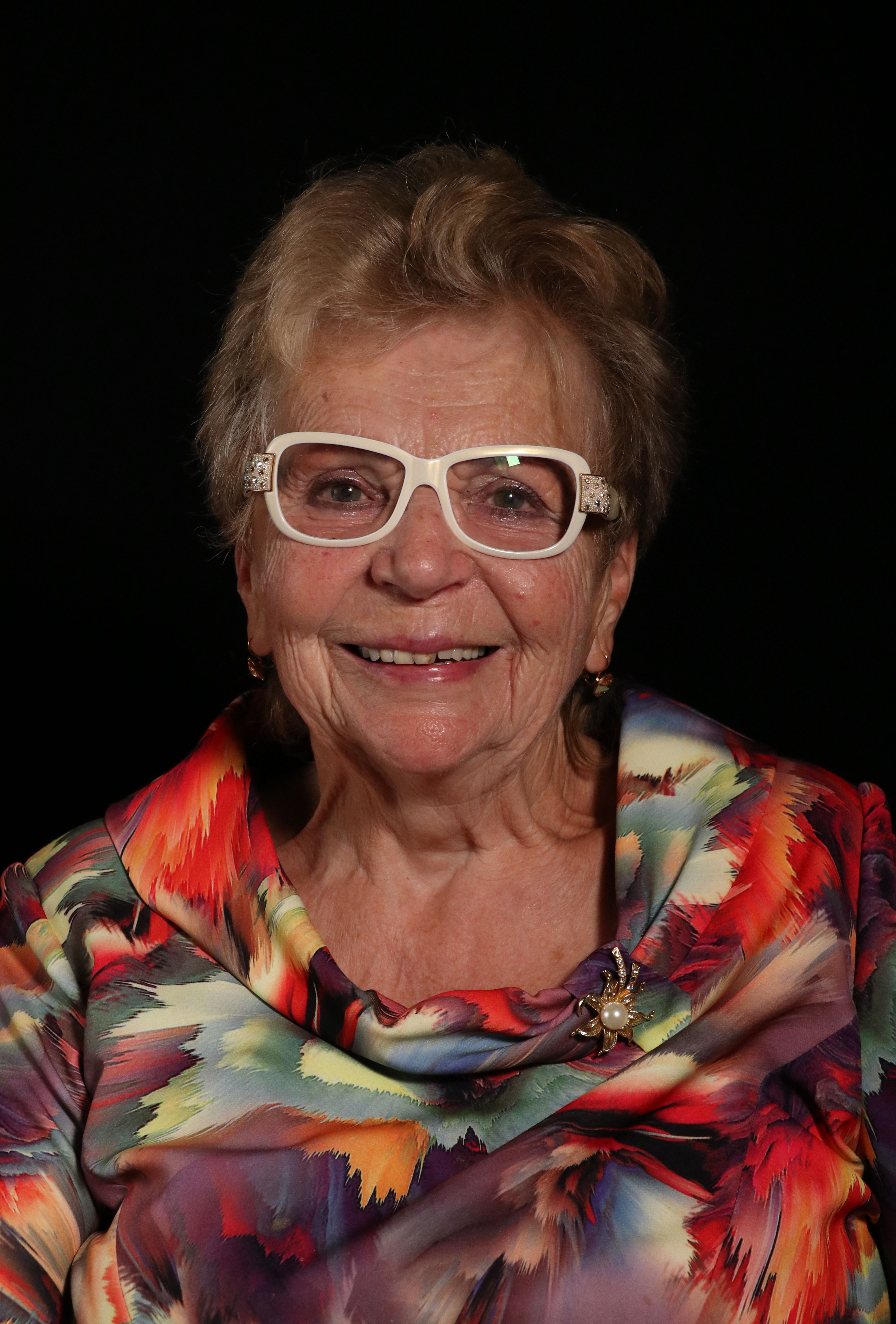We carried the oppression with pride. We knew that Dad didn‘t bend either.

Stáhnout obrázek
She was born on 20 August 1942 in Horní Kamenice near Vraný as the second of six children of the landowner Vítězslav Novák. After the communist coup, the family did not agree with collectivisation and the farm, one of the largest in the Slaný region, was nationalised. In October 1953, Vítězslav Novák was arrested by State Security. He was sentenced „as a warning“ to five years in prison. He passed through various prison facilities, the worst of which was probably the Barbora camp at the uranium mines in the Jáchymov region. Her mother physically collapsed after my father‘s arrest. She became an employee of a state farm and was fortunately able to continue living with her children and grandparents in the original house. The father was released on amnesty after three years, and later was briefly imprisoned once more. The children had to work hard, and although their grades were excellent, their studies were forbidden. At the age of fourteen, Anna was only able to attend an agricultural apprenticeship in Slaný, at the same time she was already working on state farm. In 1962 she married Přemysl Podpěra, also a son of a „kulak“ family. Only then did she finish her secondary school and graduated. She became a zootechnician, but she and her husband lost their jobs after 1968, when they became involved against the Soviet occupation. In 1969 they moved to Kadaň in the Podkrušnohoří region. State Security registered the witness as a hostile person and followed her until 1989. In 1983, the Podpěra couple and their two sons moved to Hoštka in the Litoměřice region, where Anna then became involved in the fight against the state after a newly opened borehole deprived Hoštka of water. In November 1989, Anna and her 16-year-old son Tomáš attended the canonization of Agnes of Bohemia at the Vatican. Her joy at the end of communism was spoiled by her husband‘s death in February 1990, and a year later her son Tomáš also died tragically. In 1990 she was co-opted to the National Committee as deputy mayor and after the 1991 elections she became mayor of Hoštka. After the fall of the communist regime, her father was rehabilitated and the family farm was regained in restitution. Vítězslav Novák then transferred it to his two youngest sons, who still farm it today with their families. Anna Podpěrová served as mayor of Hoštka until 2010 and was also a founding member of the Association of Independent Candidates. She was living in Hoštka at the time of recording.




